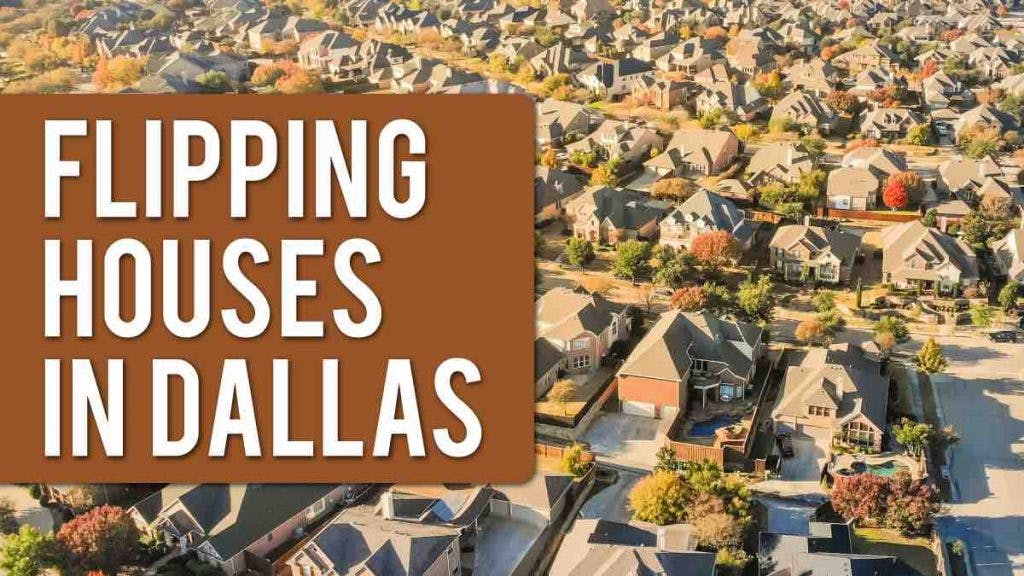How to Flip Houses in Dallas, Texas: What Every Investor Should Know

For investors who understand the market, flipping houses in Dallas can be a profitable exercise. They can generate significant revenue in a short period of time if they know their way around the industry and find the right opportunity. Before making the investment, though, there is a lot to learn.
How to Start Flipping Houses in Dallas
1. Preapproval
An investor should first narrow their real estate search by completing the preapproval process with a lender. This will help the investor determine how much house they can afford. It also confirms for the property seller that a mortgage lender will provide the investor with the funds necessary to purchase the home.
This process also enables the investor to predict the property’s interest rate and resulting monthly mortgage payments.
2. Find a Good Deal
If an investor pays too much for an unrenovated home in need of significant repair, they will not make money on a house flip. They must thoroughly study the target real estate market and be aware of the property’s current market value as well as its expected after-repair value at the time of sale.
3. Make the Necessary Repairs
An investor cannot sell a house for more than the purchase price unless the housing market swings dramatically in a short period of time. Before making a purchase, an investor should have a third-party contractor inspect the property for any structural changes that need to be made like tearing down walls, foundation work or adding bathrooms or bedrooms. In addition, cosmetic changes, such as replacing appliances and carpets, performing restoration painting, etc should be considered.
4. Avoid Selling at a Discount
The potentially high profit in flipping houses in Dallas is an investor’s number one objective. Although there is no guarantee that an investor can make their ideal return on a transaction, they should always have a profit margin in mind to make the transaction worthwhile.
The ideal profit margin varies by investor and is based on several considerations, but selling for a substantial amount more than you purchase plus the renovation is a clear-cut objective.
Three Tips for Flipping Houses in Dallas
There are several strategies that every successful investor will consider when flipping houses in Dallas, but three good rules of thumb are as follows:
1. Get a Feel for the Neighborhood
Location plays a big role in flipping houses, particularly if the investor has identified a target buyer demographic.
For example, the investor might be looking to flip smaller properties to first-time home buyers who are likely young and child-free. Those buyers might be interested in downtown locations closer to work, museums, and the city nightlife.
If the investor is targeting more established families with small children, they will probably consider neighborhoods with larger houses, backyards, and proximity to highly rated public schools.
2. Get a Professional Inspection
An investor can easily miss major property defects if they are unfamiliar with construction work. Interior wall distress, uneven foundations, and termite damage can all go unnoticed to the naked eye but translate to huge expenditures. A licensed inspector can identify these problems before an investor purchases a house that requires prohibitively expensive repairs.
3. Avoid Unnecessary Renovations
Many house-flipping investors mistake renovation necessities with renovation preferences. They are often tempted to make more improvements than are necessary, including personal touches and high-end upgrades. Successful house flippers perform only the renovations necessary to sell the property at a targeted price in that specific market.
The more money an investor spends on the property’s facelift, the higher the required selling price to realize the target profit.
Current Hot Neighborhoods to Flip Houses in Dallas
- Oak Cliff
- Lake Highlands
- Cedar Crest
- Mesquite
- Garland
How Much Does It Cost to Flip Houses in Dallas?
The net cost of flipping houses in Dallas depends on several moving pieces, but the three primary factors are as follows:
- Property purchase price. What an investor spends on a property is a primary factor in determining the transaction’s ultimate success.
- Renovation expenses. It can be costly to update a home. It is critical to distinguish between required and optional changes. The mandatory updates should be completed first, and optional updates should be considered on a case-by-case basis, depending on cost.
- After repair value and sale price. The selling price ultimately determines the net profit from the entire transaction.
It’s important that the “70 percent rule” be understood and observed by all investors. This rule states that an investor’s total expenditures (purchase price plus renovation costs) should not exceed 70% of the property’s after-repair value.
How to Find Houses to Flip in Dallas?
1. Know What You Want
Before searching for a particular property, an investor will need to identify their ideal real estate market. This search will vary depending on the investor’s cost threshold for the property purchase, the time and funds available for renovations and repairs, and market liquidity.
In any case, this will require researching an area’s demographics (such as age and median family income), local property values, and the number of houses for sale.
2. Find Alternatives to Traditional Home Buying
- Foreclosure. A foreclosure occurs when a homeowner misses payments and defaults on a mortgage, the lender seizes the property, and then sells it at a public auction. Although the house is awarded to the highest bidder, most auction attendees are buyers looking to purchase real estate at a discount with the intent to flip the property.
- Real Estate Owned. If a foreclosure auction is unsuccessful, the property is transferred from the lender to a quasi-government agency such as Fannie Mae, the Federal Home Loan Bank, or Freddie. Mac. This occurs when the highest auction bid would not fully repay the outstanding mortgage balance. These are known as Real Estate Owned (REO) properties and are also often purchased well below market value.
3. Seek Assistance
Real estate agents can be a valuable resource and time-saver when flipping houses in Dallas, even though they come at a cost. While many investors are new to house flipping in Dallas or are otherwise employed and use this as a side hustle, real estate agents are full-time professionals in the industry. They will help new investors learn the ropes and save precious time for those investors with full-time jobs.
Is Dallas a Good Place to Flip Homes?
The short answer is “yes,” but only if an investor can get their hands on a property.
By the fourth quarter of 2020, house flips in Dallas were down approximately 30 percent from mid-year (which was stride-for-stride with 90% of large metropolitan areas) due to COVID-19 concerns. Home inventory hit record lows as the spreading pandemic all but froze the housing market.
While it continues to be a seller’s market in 2021 and house flips remain scarce, late 2021 data on profit per house flip is encouraging. Over 1,100 houses were flipped in northern Texas, and profits averaged nearly $55,000 – more than $10,000 better than a year earlier.
Find the Right Financing for Your Investment
Flipping houses in Dallas involves many challenging steps. Finding the right loan, however, should be simple.
At Longhorn Investments, we have a team of talented professionals dedicated to helping both new and experienced investors find the right loan for their real estate investments. We tailor our recommendations to your specific needs because we understand that no two clients or situations are the same. Contact us today to discuss what financing options are available to you.

